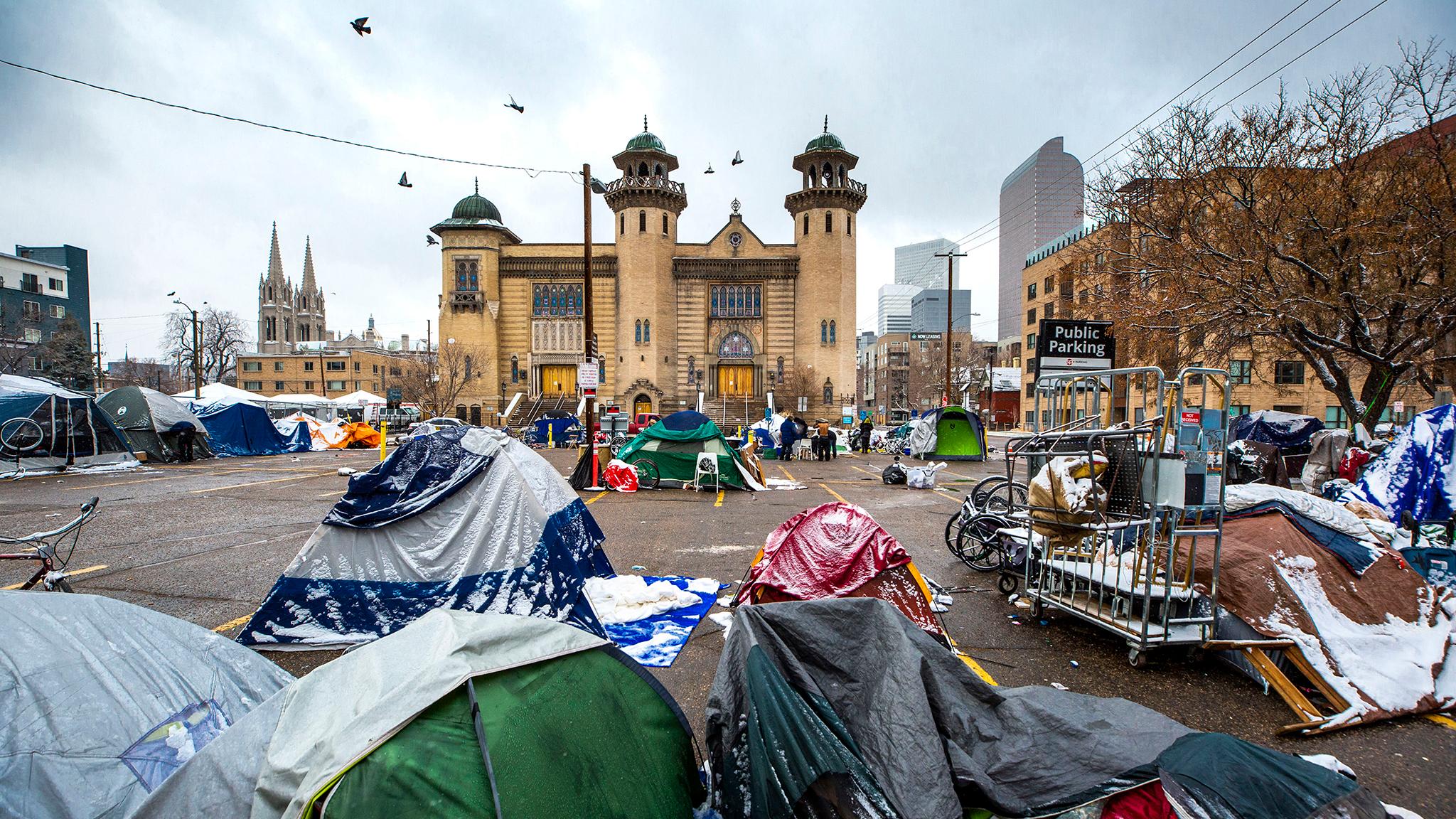The Denver Basic Income Project accomplished a major milestone Thursday: it handed out around $1 million directly to almost 700 people experiencing homelessness Denver.
Recipients are free to spend the money however they wish as part of the program. This approach to housing was born from the belief that direct cash payments could be the best way to help people in need.
The Denver Basic Income Project began accepting applications in November for around 820 spots. Of those accepted, 520 households will get $12,000 over the course of a year, while the other 300 will receive $600, as a control to measure the effectiveness of the program.
The program received more than 1,500 applications and is in the process of enrolling and distributing first payments to all the selected applicants.
"It's been pretty incredible," said program founder Mark Donovan. "It just highlights how urgent and necessary this is."
Donovan told the story of one family, who had been living with their child out of their car.
With the money, the family was able to find housing, and could then begin using their car for work, Donovan said.
"There's a lot of excitement and gratitude," Donovan said. "People are able to do things today they weren't able to do yesterday."
While enrolling people in the program, Denver Basic Income project was successful in its goal to represent the demographics of people experiencing homelessness, rather than the demographics of the city. Black, brown and Indigenous communities are overrepresented among people experiencing homelessness in Denver, and therefore make up around 30 percent of people receiving money.
The Denver Basic Income Project is funded through a mix of private donors and foundations, and through a $2 million commitment from the City of Denver. City Council voted to approve the funding specifically to help women, transgender and gender-nonconforming people, who have seen rising levels of homelessness during the pandemic.
As the program gets off the ground, researchers at University of Denver's Center for Housing and Homelessness will study the effects of direct payments. It's an approach other cities, such as Los Angeles and Chicago, are also trying.
Donovan said the program's potential for success comes from the trust built into the approach. Instead of restricting how people can spend their money, like many local and federal programs, the payments come with no strings attached.
"I think the one thing everyone can agree upon is that what we've been doing is not working," Donovan said. "Everyone understands the importance of this and the potential of this."













